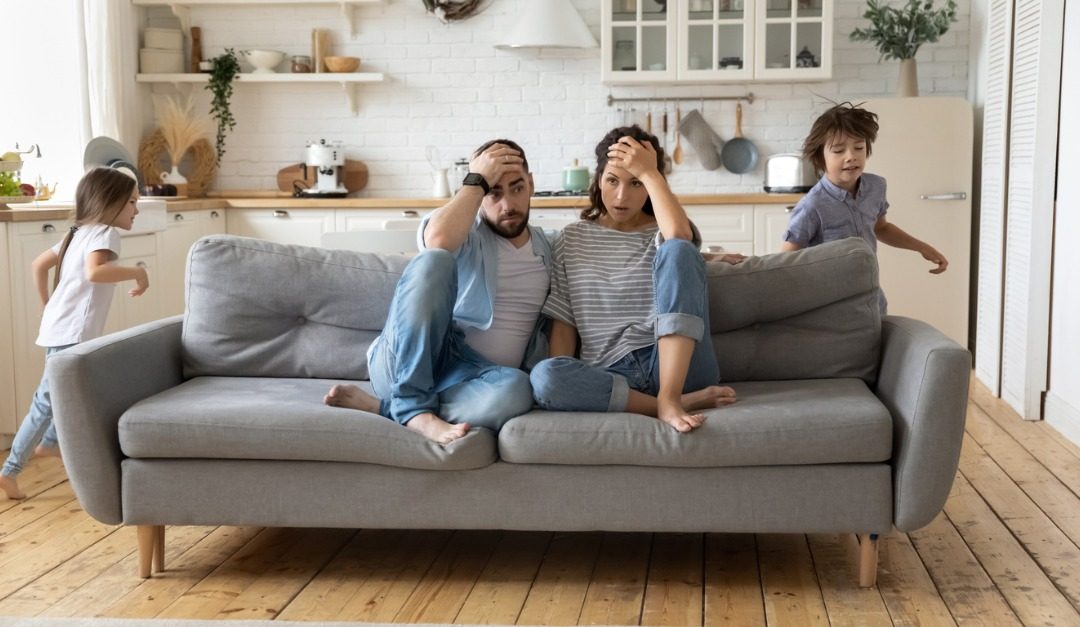If you have been staying at home with your family, you’re probably concerned about how the coronavirus could affect your family’s health, trying to figure out how to work at home while taking care of your kids and worried about how recent changes will affect the economy and your family’s financial security. It’s enough to make anyone feel overwhelmed. Here are some strategies to help you cope.
Exercise
Exercise is one of the best ways to deal with stress. Aerobic exercise, such as walking, running, biking and hiking, releases endorphins that can help you feel better mentally and emotionally. Getting some fresh air and a change of scenery can also help when you’re feeling cooped up at home. Yoga can be an excellent way to exercise and relax as well. Working out together can help your family bond and have some fun at a difficult time.
Practice Healthy Eating Habits
Stress can affect your metabolism, as well as what you eat and when. If you tend to eat unhealthy foods when you’re stressed out, buy or make healthy snacks so you won’t be tempted. Think about what triggers you to eat unhealthy foods and brainstorm healthy ways to help you relax.
Get Enough Sleep
Staying at home has disrupted people’s routines, and many adults and kids are staying up later than usual and having trouble sleeping. Limit your intake of coffee and alcohol in the afternoon and evening, give yourself time to unwind before going to bed and do your best to stick to a routine.
Connect With Others
Emotional connection is particularly important during stressful times. Keep in touch with family and friends, but don’t spend all your time talking about the coronavirus. Share stories and jokes, reminisce about fun times you spent together in the past and try to maintain a positive attitude.
Take Some “Me Time”
Everyone needs a break now and then. If you want to relax and read alone or go for a walk, tell your family. Spending just 10 minutes doing something you enjoy or getting some fresh air could help you feel better.
Follow the News, in Moderation
It’s important to stay informed, but don’t watch or read the news too much. Constantly thinking about how COVID-19 has affected people around the world and hearing dire predictions about the future will be sure to stress you out, and that will make your kids feel anxious, too. Limit the amount of time you spend following the news every day, get news from reliable sources and spend plenty of time on activities you enjoy.
Focus on What You Can Control
Thinking about what-ifs and worst-case scenarios will only add to your anxiety. Focus on specific, positive actions you can take now. For example, you can practice social distancing, wash your hands frequently, keep your house clean, check on neighbors who are at risk and make a charitable donation.





